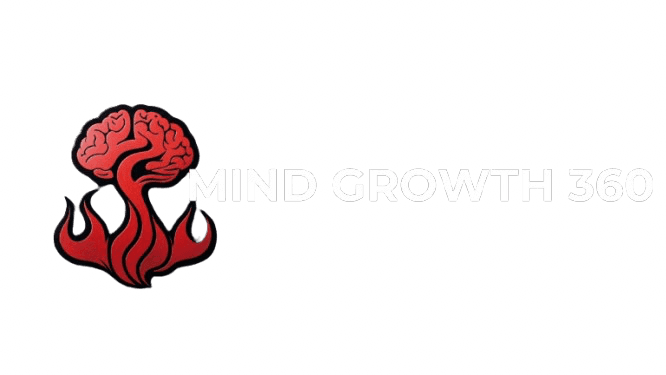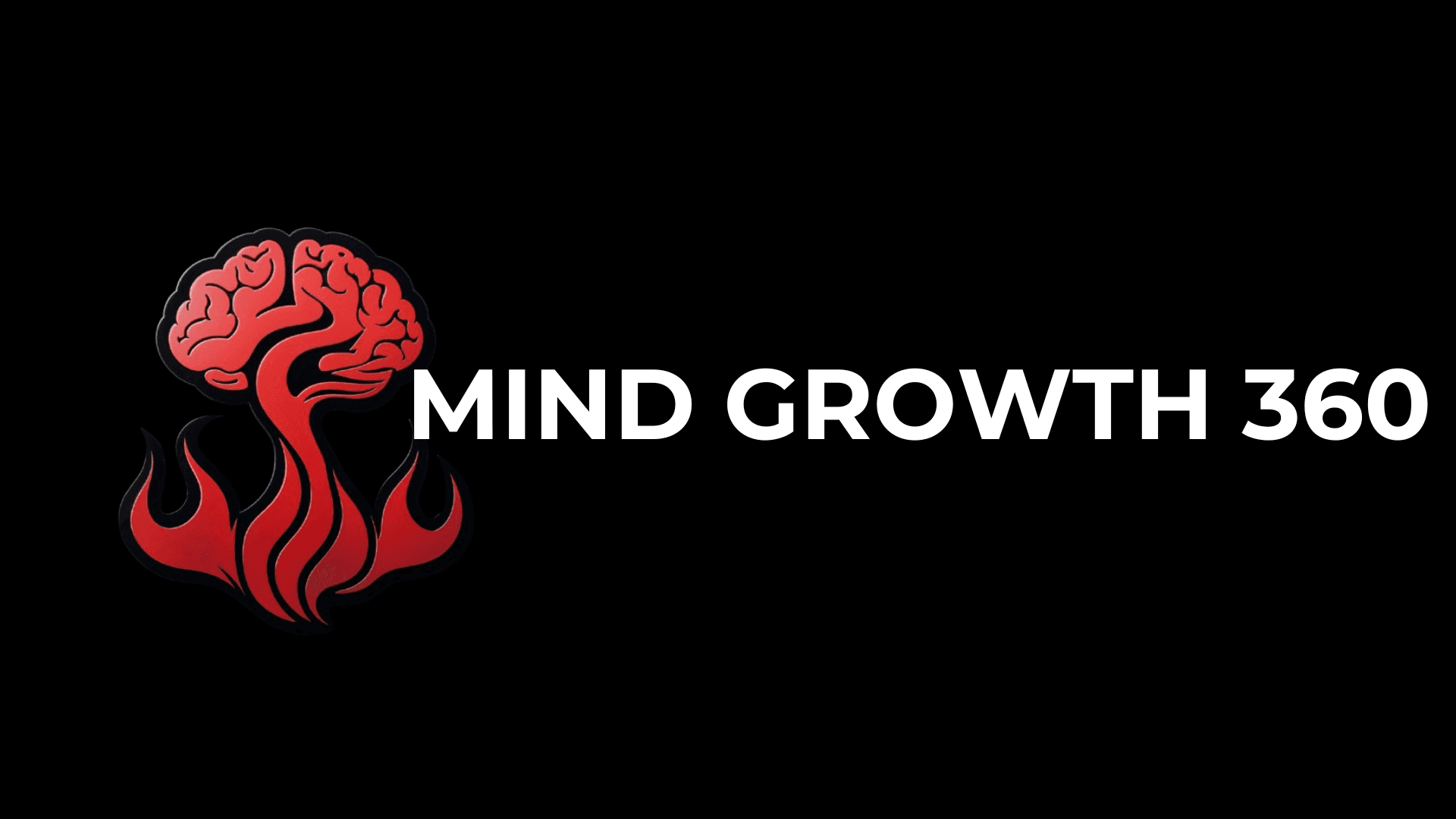Mastering Personal Finance Fundamentals: The Key to Unlocking Sustainable Wealth
Jun 25, 2024
In the ever-evolving landscape of personal finance, the path to building lasting wealth and financial security often begins with the mastery of fundamental principles – the building blocks that form the foundation of a robust and resilient financial plan.
From the development of a sustainable budgeting system to the effective management of high-interest debt and the optimization of everyday expenses, these core competencies are the cornerstones upon which individuals and families can construct a solid financial future, weathering the ebbs and flows of economic cycles and unlocking new avenues for growth and prosperity.
However, for many, the complexities and emotional challenges associated with personal finance can be daunting, leading to a sense of overwhelm, procrastination, and the perpetuation of suboptimal financial habits. It is precisely this gap between the importance of these fundamental principles and the difficulties inherent in their implementation that this comprehensive guide seeks to address.
In the pages that follow, we'll delve deep into the essential elements of personal finance mastery, equipping you with the knowledge, strategies, and practical tools you need to take control of your financial destiny and embark on a transformative journey towards sustainable wealth and well-being.
Developing a Sustainable Budgeting System
At the heart of personal finance lies the fundamental practice of budgeting – the act of meticulously tracking and allocating your income and expenses to ensure that your financial resources are being utilized in alignment with your goals and priorities.
However, the mere act of creating a budget is often not enough to drive lasting change. To truly harness the power of budgeting, individuals must develop a sustainable system that not only provides a clear and accurate picture of their financial landscape but also empowers them to make informed decisions and take proactive steps towards their desired outcomes.
One of the key elements of a successful budgeting system is the adoption of a comprehensive, yet user-friendly, approach to tracking income and expenses. This may involve the use of digital tools, such as budgeting apps or spreadsheets, that allow for the seamless categorization and visualization of financial data, or the implementation of a manual, envelope-based system that provides a tangible, hands-on experience with one's spending habits.
Regardless of the specific method employed, the goal should be to create a budgeting system that is tailored to your unique financial situation, lifestyle, and personal preferences, ensuring that the process of tracking and allocating your resources is not only effective but also sustainable over the long term.
Moreover, the development of a budgeting system should be accompanied by a regular review and adjustment process, allowing you to adapt to changing circumstances, identify areas for optimization, and maintain a clear line of sight towards your financial objectives.
By mastering the art of budgeting, you'll not only gain a deeper understanding of your financial landscape but also empower yourself to make more informed decisions, allocate your resources more effectively, and lay the groundwork for long-term wealth and financial security.
Effectively Managing and Paying Down High-Interest Debt
While the development of a robust budgeting system is a crucial first step in personal finance mastery, the effective management and strategic reduction of high-interest debt can be equally, if not more, impactful in unlocking your path to sustainable wealth.
High-interest debt, such as credit card balances, personal loans, and certain types of student loans, can be a significant drag on your financial progress, consuming a disproportionate amount of your monthly income and limiting your ability to save, invest, and allocate resources towards other financial goals.
To combat the detrimental effects of high-interest debt, it is essential to adopt a comprehensive, multi-pronged approach that combines strategic prioritization, disciplined payment plans, and the exploration of debt consolidation or refinancing options.
One of the most effective strategies for managing high-interest debt is the implementation of the "debt snowball" method, which involves focusing your efforts on paying off the smallest balances first, while making minimum payments on larger debts. As you systematically eliminate these smaller obligations, you can then redirect the freed-up funds towards the next debt in the queue, gradually building momentum and momentum towards a debt-free future.
In addition to the debt snowball approach, the exploration of debt consolidation or refinancing options can also be a powerful tool in your personal finance arsenal. By combining multiple high-interest debts into a single, lower-interest loan, you can not only simplify the repayment process but also reduce the overall interest burden, freeing up additional resources that can be channelled towards other financial priorities.
Moreover, the strategic use of balance transfer credit cards, which often offer promotional 0% APR periods, can provide a temporary respite from high-interest charges, allowing you to focus your efforts on paying down the principal balance.
By mastering the art of high-interest debt management, you'll not only alleviate the financial strain of these obligations but also unlock new opportunities for savings, investment, and the pursuit of your long-term wealth-building goals.
### Identifying Opportunities to Reduce Expenses and Optimize Cash Flow
While the development of a sustainable budgeting system and the effective management of high-interest debt are crucial components of personal finance mastery, the optimization of everyday expenses can also play a pivotal role in your journey towards financial security and wealth creation.
By carefully examining your spending habits, identifying areas for potential savings, and implementing strategic cost-cutting measures, you can free up valuable resources that can be redirected towards more productive financial endeavors, such as debt repayment, savings, or investment.
One of the most effective ways to approach expense optimization is through the implementation of a comprehensive expense tracking system, which can provide you with a granular understanding of where your money is being spent. This may involve the use of budgeting apps, the manual categorization of expenses, or even the simple act of reviewing your bank and credit card statements on a regular basis.
Armed with this detailed expense data, you can then begin to identify opportunities for optimization, such as:
1. Negotiating better rates or terms with service providers (e.g., cable, internet, insurance)
2. Exploring alternative, more cost-effective options for recurring expenses (e.g., subscription services, memberships)
3. Implementing strategies to reduce discretionary spending (e.g., meal planning, limiting dining out, curbing impulse purchases)
4. Leveraging the power of automation to streamline bill payments and minimize late fees or penalties
By adopting a proactive, data-driven approach to expense optimization, you can not only free up additional financial resources but also cultivate a heightened awareness of your spending habits, empowering you to make more informed and intentional decisions about the allocation of your hard-earned income.
Moreover, the optimization of everyday expenses can have a compounding effect on your overall financial well-being, as the savings generated can be redirected towards debt repayment, emergency funds, or long-term investment strategies, ultimately accelerating your journey towards sustainable wealth and financial security.
Embracing the Transformative Power of Personal Finance Mastery
As you've seen, the mastery of personal finance fundamentals – from the development of a sustainable budgeting system to the effective management of high-interest debt and the optimization of everyday expenses – is a crucial step in unlocking your path to lasting wealth and financial well-being.
By embracing these core principles and implementing the strategies and tools outlined in this guide, you'll not only gain a deeper understanding of your financial landscape but also empower yourself to make more informed, intentional decisions that align with your long-term goals and priorities.
Moreover, the benefits of personal finance mastery extend far beyond the purely financial realm, as the cultivation of these skills and habits can also have a profound impact on your overall sense of well-being, confidence, and control over your life.
As you navigate the ever-evolving landscape of personal finance, remember that the journey is not one of perfection, but rather one of continuous learning, adaptation, and growth. By approaching this process with a growth mindset, a willingness to experiment, and a commitment to self-improvement, you'll be well on your way to unlocking the transformative power of personal finance mastery and building the foundation for a secure, prosperous, and fulfilling financial future.





